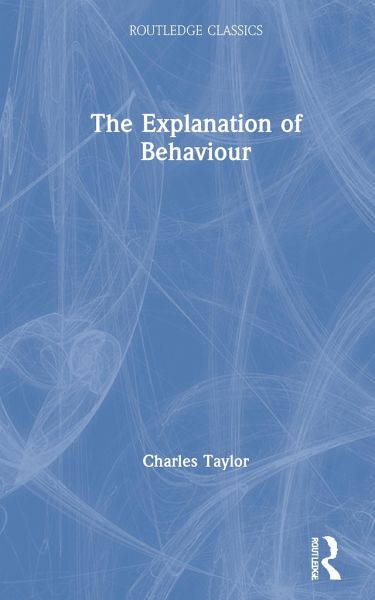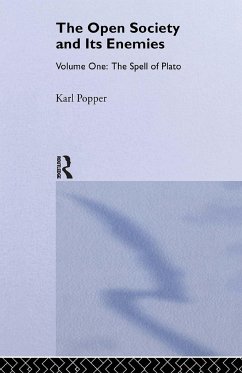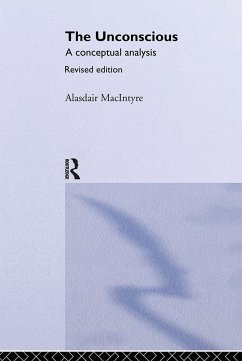
The Explanation of Behaviour
Versandkostenfrei!
Versandfertig in 1-2 Wochen
158,99 €
inkl. MwSt.
Weitere Ausgaben:

PAYBACK Punkte
79 °P sammeln!
A vitally important work of philosophical anthropology and a devastating criticism of the theory of behaviourism. Includes a new Preface by the author and a new Foreword by Alva Noë, setting the book in philosophical and historical context.













